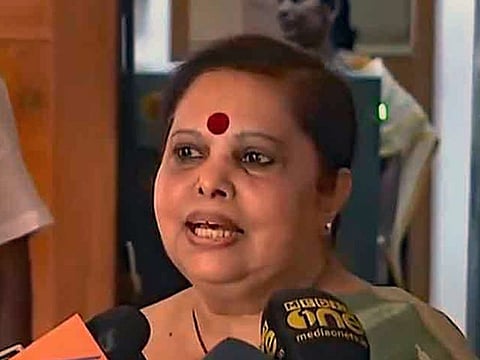Top findings of Hema Commission Report: Casting couch, powerful male 'mafia', and more in Kerala film industry
The Hema Committee was formed after the 2017 actress assault case involving actor Dileep

The Justice K Hema Committee Report, released by the Kerala government on August 19 afternoon after a five-year-wait, exposes troubling details about the severe working conditions, systemic abuse by powerful male figures, and the widespread presence of the casting couch in the Malayalam film industry.
The Justice Hema Committee was established by the Kerala government in 2017 in response to a petition filed by the Women in Cinema Collective (WCC) to investigate the challenges faced by women in the Malayalam film industry. The report, released under the Right To Information Act on Monday afternoon in Kerala at 2.30pm, reveals the existence of a powerful all-male group consisting of 15 major figures, including directors, producers, and actors, who have significant control over casting and industry decisions.
According to the report, this male-dominated group wields considerable influence and maintains a tight grip on the industry. It describes the industry as being influenced by criminal and misogynistic elements, with the powerful group being referred to as a 'mafia' for their ability to undermine the careers of those who oppose them. One prominent actor even labeled this group as "mafia" due to their capacity to impose bans and control various aspects of the industry.
“Women in cinema feel unsafe going to work alone. Numerous testimonies reveal that sexual demands are commonly tied to employment opportunities, making it vastly different from other professions. In fields like teaching, medicine, engineering, women are not subjected to such conditions. For these jobs, demonstrating one’s skills and passing an interview is usually enough to secure employment. However, in the film industry, the casting couch remains a troubling reality,” the report said.
The report also exposes a troubling attitude towards women in Malayalam cinema. The report claims that female talents are often seen through a lens of exploitation, with assumptions that they are seeking fame and money and thus willing to compromise their integrity. It details how directors and producers pressure women into exploitative situations, and those who comply are given code names like 'Cooperating artists.'
Additionally, the report provides disturbing accounts of sexual harassment, including instances where actresses were subjected to abuse and then forced to perform scenes with their abusers. One case describes an actress who, after being abused, had to endure multiple retakes with her abuser due to her visible distress.
The report also highlights the difficult conditions faced by junior artists, such as long working hours without overtime pay, lack of transport, and inadequate facilities. Issues of pay disparities, lack of privacy, and insufficient amenities for women like lack of toilets are also addressed.
The Justice K Hema Committee was established in response to the 2017 actress assault case involving actor Dileep, with the goal of investigating sexual harassment and gender inequality in Malayalam cinema.
Top recommendations from the Hema Committee, as per reports:
*Avoid hiring individuals with criminal backgrounds as drivers.
*Prevent the abuse of women through fan clubs.
*Create a tribunal to handle industry-related issues.
*Exclude individuals accused of serious crimes from the industry for a substantial period.
* Prohibit the banning of individuals within the industry by others.
Sign up for the Daily Briefing
Get the latest news and updates straight to your inbox

